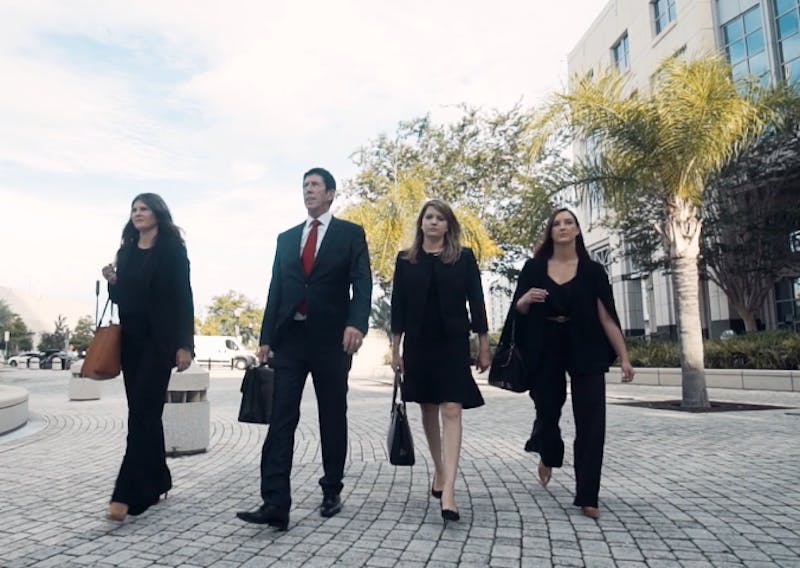
Thanks to the popularity of true crime television shows, podcasts, and books, many Americans are aware that false confessions occur in a shockingly high number of criminal cases. In fact, one in four overturned cases included a false confession. These confessions may be caused by a simple desire to cooperate with police, harsh interrogation tactics, or even a misunderstanding of your statement. Regardless of the cause, most false confessions have one thing in common: speaking to the authorities without a lawyer. You are never required to speak to law enforcement regarding the occurrence of an alleged crime. If asked to complete an interview, or arrested and placed in custody always be polite to law enforcement, and always ask for a criminal defense attorney immediately. Even statements that may seem innocuous can be taken out of context to seem incriminating. Also be aware that law enforcement is permitted to indicate they are in possession of incriminatory evidence or confessions from others involved that they may not necessarily have, in an attempt to secure a confession. If you have been involved in a situation that has lead to interrogation or a request for statement by law enforcement always request an attorney, and retain someone to represent your rights immediately.
Confessions as Evidence
It may seem logical that any confession to criminal activity can be used as evidence in a case. However, Florida law only allows a confession to be admitted as evidence if other, independent evidence shows that a crime occurred. as The legal term for this is corpus delicti, a Latin phrase meaning “body of the crime.” If authorities only suspect a crime has occurred without more corroborating evidence or statements, the confession will not be admissible.
However, there is one key exception to the law that authorities must prove the corpus delicti separate from a stand-alone confession. Florida law allows a confession to be admitted as evidence even without other corroborative evidence in sexual abuse cases in which the victim’s physical health, mental health, or age make it impossible for authorities to independently prove the crime. However, the court must find the defendant’s confession to be trustworthy before it will be admissible in court in front of a jury. The trustworthiness of the confession is not simply based on how believable the confession is. There must also be other evidence corroborating the confession, such as physical evidence or witness statements.
Protecting Your Rights
Under Florida law, police may stop and question you if they suspect that a crime has occurred, or if they suspect that you are about to commit a crime. This detention does not require the officer to read you your Miranda rights since you are not under arrest, but you are not required to answer questions. Even prior to being taken into custody, be cautious about what you say to police. Although a confession is an official statement made to police after being arrested, any voluntary statement you make can also be used against you. This could be as simple as telling police that you were breaking the law when pulled over for a traffic stop.
If you are arrested, you will be read your Miranda rights. These rights include the right to remain silent and to have a lawyer present, among other rights you have been granted, which you may invoke at any point after arrest to avoid incriminating yourself. Despite this warning, you may believe that simply talking to the police and telling them what you know is your best course of action. However, waiting to answer any questions until your attorney is present can help to protect your rights and ensure that your side of the story is heard and accurately reported.
Contact an Attorney
If you are arrested for or charged with a crime, make sure your first call is to the experienced Orlando criminal lawyers at O’Mara Law Group. Even if you have already made a confession or voluntary statement, our attorneys can assist you in building your defense. Contact us today.

